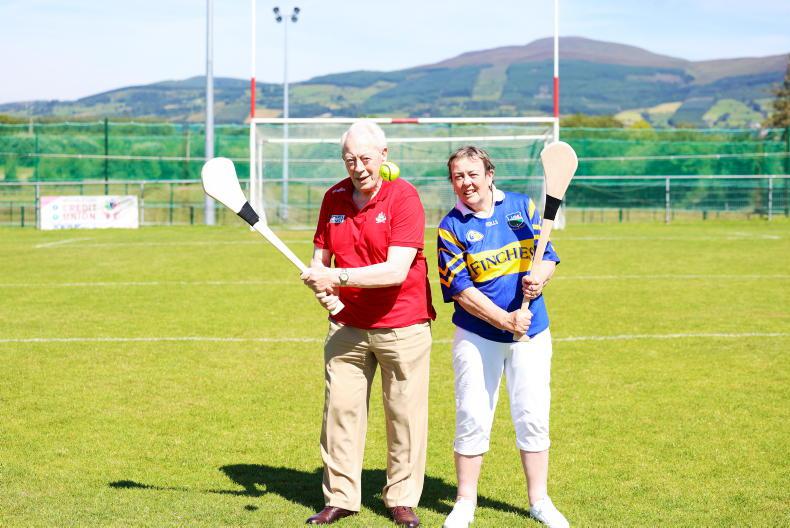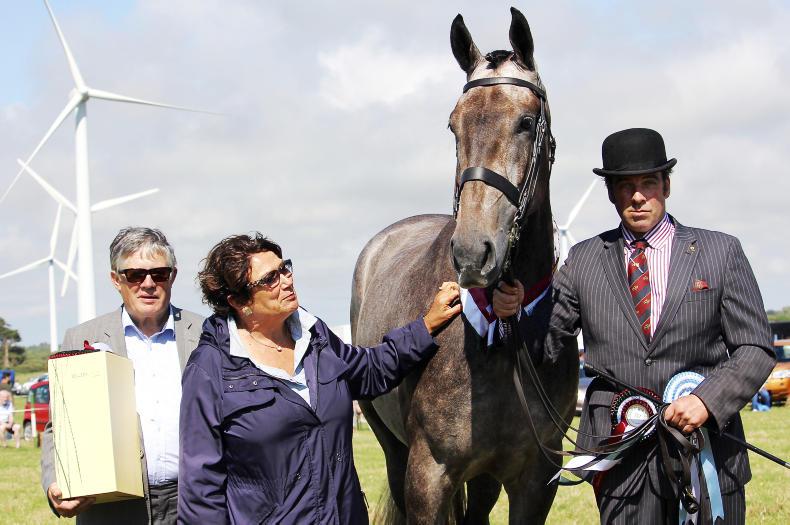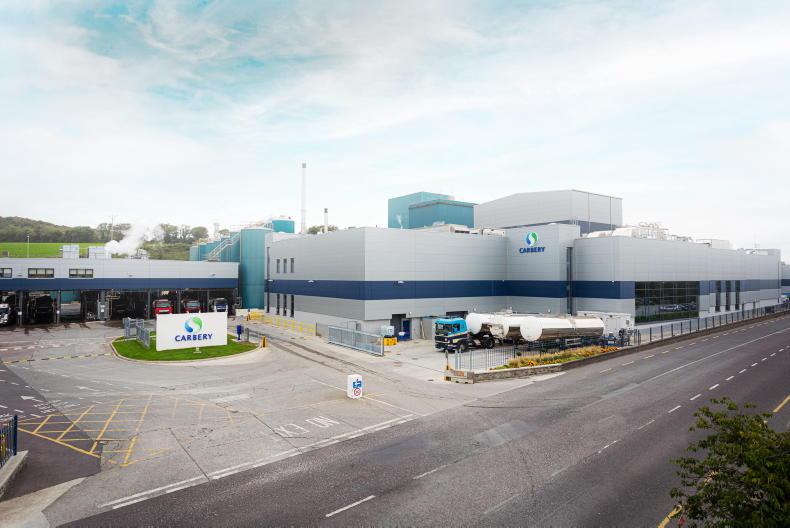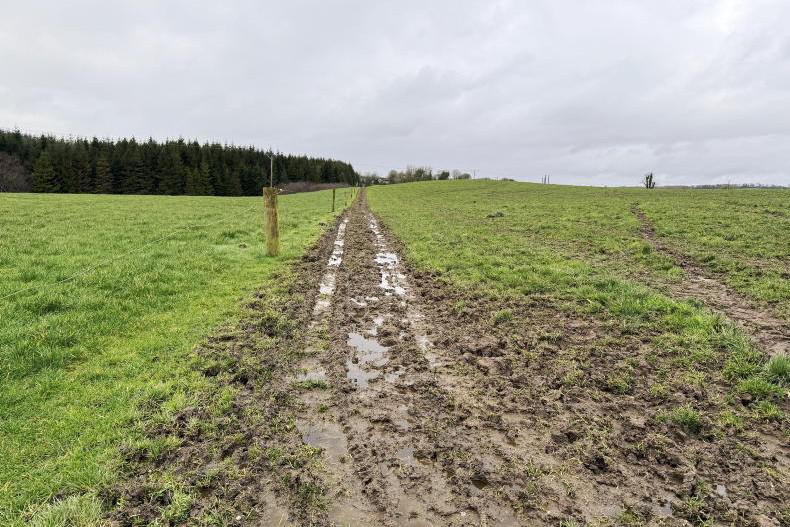In September 2005, I was 21 years old.
College work placement had me in Dublin – my academic progress can be divined from the fact that I was studying Law and French yet ended up in the finance department of an insurance company – but for reasons I can’t fully recall, I was at home for All-Ireland hurling final weekend.
It scarcely mattered that I missed Cork’s win over Galway to retain the Liam MacCarthy Cup – it was the third straight year for the Rebels to reach the final and they would reach the decider again in 2006, losing out to Kilkenny.
Being denied the three-in-a-row was disappointing but, sure, these things happened – there’d always be another final.
There was, eventually – a back-door run in 2013 after losing the Munster final to Limerick.
A pulsating final against Clare looked to have gone Cork’s way when Patrick Horgan put them ahead at the death but Domhnall O’Donovan scored the most famous point of his life to level for the Banner County.
In the replay, Shane O’Donnell announced himself to the world with three goals as Clare took the silver.
Despite ending their Munster drought in 2014, and following up with provincial titles in 2017 and 2018, Cork were unable to translate those into All-Ireland final appearances.
Once again, a back-door surge provided the next chance for Cork to make the final, in 2021, but unfortunately for them their opponents were a green and white combine harvester. A 16-point winning margin was the least an awesome Limerick deserved.
Now, thankfully, the eight-year cycle has been shortened and Cork are back in the final, taking on Clare at Croke Park on Sunday afternoon.
From a position where my first 21-and-a-bit years encompassed six All-Irelands, the rest of my 20s passed without one.
My 30s are extinguished this Thursday, having similarly been without the success that us Cork people come to expect in that humble way of ours.
If Pat Ryan’s side were to win on Sunday, how would I react? Well, probably differently from most of my countymen and women.
After the incredible semi-final win over Limerick, I saw an Instagram post that a colleague had published, showing the cheering Cork fans around the press box – and I’m there in the corner, hunched over my laptop. While it looked incongruous, it was something that gave me professional pride.
I’ve just finished reading The Racket, by former tennis player Conor Niland with Gavin Cooney.
It’s an excellent book and something we will hopefully cover in greater depth here over the coming weeks, but there is one little vignette that I can identify with.
Early in his professional career, the Limerick native is finding the schedule quite arduous and rings home to suggest that he might skip an upcoming tournament but his mother gently reminds him that, “This is your job now, Conor.”
Would I like to be heading to Dublin on Saturday for a leisurely weekend, sauntering into Croke Park at quarter past three on Sunday after paying visits to the Royal Dublin, The Big Tree and Gill’s?
Absolutely, but this is my job now.
For Cork to beat Limerick twice and not claim the trophy would be a shame for them; but nobody could dispute Clare’s credentials, especially as their route to the final has included finally scratching that Kilkenny itch.
Equally, I know how lucky I am to be guaranteed a ticket when so many of the fans who traipse around the country supporting Cork and Clare are having to beg, steal or borrow for the privilege of paying €100 to be there.
Those who do manage to snaffle one of the golden tickets will be hoping for the ecstasy, but, of course, they may have to deal with despair.
Will my emotions, positive or negative, be less acute through having to watch the game in a more objective fashion?
Ultimately, that’s something I won’t be able to answer until around 5pm on Sunday – and there’ll be plenty of time to ruminate on it in the slow crawl south before the M7 and M8 split at Portlaoise.
When Cork and Clare met at SuperValu Páirc Uí Chaoimh on 28 April, they shared six goals and 50 points, the visitors winning by 3-26 to 3-24.
It was immediately hailed as an epic, in the manner which seems to be de rigueur with any good hurling game nowadays, but Clare led all the way down the stretch, helped by Cork having to play with 14 men for the last 20 minutes.
That loss left Cork on the verge of elimination but there was enough in the performance when the game was 15 v 15 for them to take and build on for the season-saving win over Limerick a fortnight later.
For Cork to beat Limerick twice and not claim the trophy would be a shame for them; but nobody could dispute Clare’s credentials, especially as their route to the final has included finally scratching that Kilkenny itch.
There isn’t likely to be much in it either way. And, whatever happens, my primary duty will be filing a fair and accurate report.
The real winner
There’s an element of irony in the fact that, after a football championship that has found praise hard to come by, we are left with as fresh an All-Ireland final pairing as we could have hoped for.
Going into last weekend’s semi-finals at Croke Park, the four counties had gaps of two years (Kerry), 12 years (Donegal), 22 years (Armagh) and 23 years (Galway) and it was the two with the longest droughts that proved hungriest.
That both are led by managers who starred the last time Sam Maguire was won – Armagh by Kieran McGeeney and Galway by Pádraic Joyce – no doubt adds to the buzz in the counties.
Armagh’s presence in the final is testament to their resilience, both in the micro and the macro. McGeeney has been in charge since the beginning of 2015 and, since Colm Collins stepped down in Clare, he is the longest-serving inter-county manager.
It hasn’t always been easy for the Orchard County but the culture he has instilled has finally borne fruit and the way they reeled in Kerry on Saturday was proof of that.
Down by five points with three quarters of the game gone, they clawed their way back to force extra time and then pushed on, leaving the Kingdom with no answer.
Armagh are unbeaten in footballing action in the championship, with the only setback the Ulster final penalty shootout defeat to Donegal.
As good as Jim McGuinness’s side have been, Galway looked the likelier winners in Sunday’s semi-final and now they find themselves in a second decider in three years.
Fittingly, the Armagh-Galway meeting in the group stage finished in a draw; here’s to a final where football is the real winner.









SHARING OPTIONS